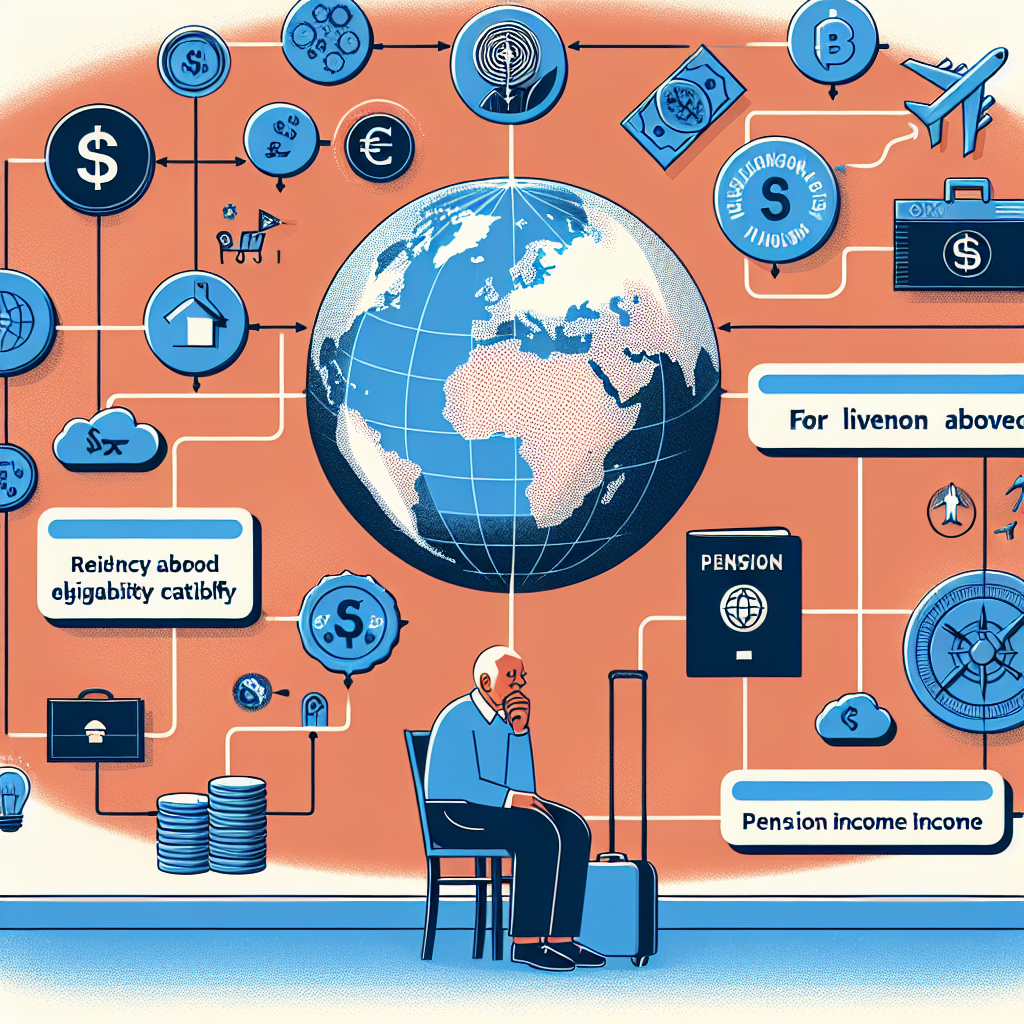
Rising Prices, Divided Society, and Constant Surveillance
by bernt & torsten
The digital age promised a revolution: seamless access, instant connections, and endless possibilities. People eagerly embraced each new wave of technology - self-driving cars, AI health advisors, smart homes - designed to make life easier and more efficient. Digitalization became the way forward, a lifestyle unto itself. Each app, gadget, and service added another layer of connectivity to daily life, and society became glued to the idea of a “smarter” future.
But as people settled into this new normal, some quiet, troubling shifts went unnoticed. While society celebrated the convenience of it all, the true costs were quietly escalating. Data centers sprouted up to meet the ever-growing demand, consuming electricity and water at staggering rates. Utility bills crept up, becoming an unspoken toll for participating in this digital world. Many shrugged and accepted these costs as part of modernity, but over time, the incremental price hikes became more than a minor inconvenience. Slowly, those unable to keep pace with the rising prices found themselves cut off, gradually forced to leave behind the smart world they’d been promised.
At the same time, those still comfortably participating were increasingly tied to an invisible thread of surveillance. Each connected device - phones, smart fridges, cars, fitness trackers - fed faceless corporations a constant stream of data. People were being watched and tracked, every click, every movement logged and stored, turned into data points ripe for analysis. While consumers revelled in the latest digital perks, their excitement blinded them to the reality that they were sacrificing privacy for convenience. It was a bargain few recognized they’d even made.
This invisible monitoring system crept further into daily life, but the hype of the digital evolution made it easy to ignore. Instead of feeling wary, many found themselves unknowingly celebrating their own surveillance. Data collected from personal devices was sold, analyzed, and fed back into the system, training algorithms to target ads, suggest purchases, and push content. People were essentially becoming products themselves - assets to be managed, segmented, and monetized, while the companies collecting their data continued to profit in the background.
Meanwhile, society was gradually, silently dividing. Those who could keep up with the rising technology costs became increasingly part of a digital cult - fully connected, fully integrated, and fully surveilled. But for those unable to keep up, life grew more disconnected. They were left behind, edged out of a digital society where everything - information, convenience, even social status - was tied to connectivity. Once dismissed as temporary, the digital divide deepened into a chasm, separating those who could afford the costs of connection from those who could not.
What was once heralded as a democratizing force, technology was now building a hierarchy based on privilege and constant surveillance. As the cost of participation rose and the reach of surveillance expanded, only those willing to pay both in cash and in data remained. They didn’t question the cost of their convenience; in their eyes, the digital world was progress. Yet, beneath the surface, the price was much higher than any of them knew.
Each new version of digital tech - the next smartphone, smarter home, or upgraded AI assistant - pulls people further into the grip of this pervasive digital ecosystem. The hype surrounding each release is carefully crafted to keep users engaged, constantly upgrading, and more deeply integrated into a system that isn’t just about convenience but control. As we buy into each new device or service, we’re unwittingly granting more power to the corporations behind them, who now dictate the pace and priorities of digital innovation. In chasing after these tech upgrades, we’re sacrificing more than just money; we’re surrendering pieces of our autonomy.
By centralizing control in the hands of a few tech giants, the relentless push for the “latest and greatest” subtly chips away at democratic principles, where power should be distributed, transparent, and accountable. Instead, our society is quietly shifting toward a model where a small elite wields influence over the information we see, the resources we use, and the choices we make, reshaping democracy in their image.

Navigating the Procrastination Pitfalls of the AI Tool Explosion
Maintaining focus and productivity is crucial in an era defined by a constant influx of AI...

The Impact of Living Abroad on Pension Eligibility and Income
Understanding how pension systems interact becomes crucial when people work across multiple...

Tech Disillusionment
For four decades, I have worked in the tech industry. I started in the 1980s when computing...